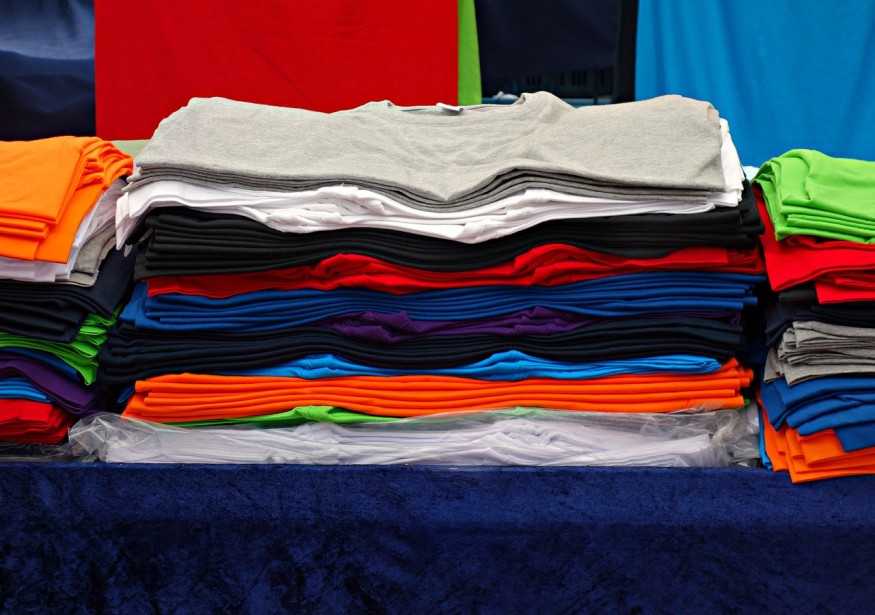Scientists have developed a technology to sort fabric fibers, possibly making clothes and other textiles recyclable.

Clothes Are Nearly Impossible to Recycle
Elastane, an elastic material that makes a fabric adapt and stretch to one's body, is the reason why one's running tights and other fit clothes may appear so fit on the body. However, when these fibers are coupled with nylon, cotton, wood, or fibers, the clothes become nearly impossible to recycle.
Separating different fibers is extremely difficult. Because of this, the materials within the clothes cannot be recycled.
Due to this, clothes and other textiles are among the worst materials for recycling. Among Danish households, only around 6% of clothes that are thrown out get recycled. In Denmark, roughly 32% of plastic packaging gets recycled.
Sorting Fibers in Fabrics
According to Steffan Kvist Kristensen, an assistant professor from Aarhus University's Interdisciplinary Nanoscience Center, this could change soon. Along with other colleagues, he is behind a novel technology capable of sorting fibers in fabrics. The technology was noted in the "Selective chemical disassembly of elastane fibers and polyurethane coatings in textiles" study.
The professor explains that they were able to come up with a method to remove elastane from nylon completely. They have not reached such a milestone with cotton, as some cotton fibers get broken down during the process. Nevertheless, they think that with some minor tweaks, the problem can be solved.
Separating elastane from other fibers is not easy when they have already been woven together. Clothes are mainly made by winding primary fibers, such as cotton or nylon, around elastane fibers consisting of long molecule chains.
These fibers only break apart if the long molecular chains can be broken. The several links in the chain are bound by a tiny molecule known as diamine. By adding a certain alcohol and heating the clothes to 225 degrees Celsius, the researchers discovered a way to break down elastane bonds. When this occurs, the materials separate, and the chains break down.
As most clothes fibers need to be recyclable, the team did not consider using harsh chemicals as an option. Rather, they used a certain alcohol and added a potassium hydroxide base. The professor explains that this base is a primary ingredient in a typical drain cleaner. They discovered that adding the base accelerates and enhances the process, boosting the chemical reaction speed.
They are quite sure that potassium hydroxide boosts alcohol reactivity. This could be the case. Moreover, potassium hydroxide could also slightly break them down, making it easier for the alcohol to break them down entirely.
The team could only work with two nylon stockings at one time. Because of this, the novel technology cannot be implemented yet at an industrial level. The professor also notes that Denmark does not have the necessary facilities for large-scale exploitation of the technology.
The professor further notes that if they are to succeed with the technology, some large-scale chemical plants need to be on board. For this to be possible, they must be able to see a business model when it comes to purchasing and using recycled materials in new fiber production. If this cannot be seen, the technology may never be launched.
RELATED ARTICLE : Can Recycling Plastic Cutlery Help the Planet? Here's What To Do To Reduce Takeout Carbon Footprint
Check out more news and information on Environment & Climate in Science Times.
© 2026 ScienceTimes.com All rights reserved. Do not reproduce without permission. The window to the world of Science Times.











